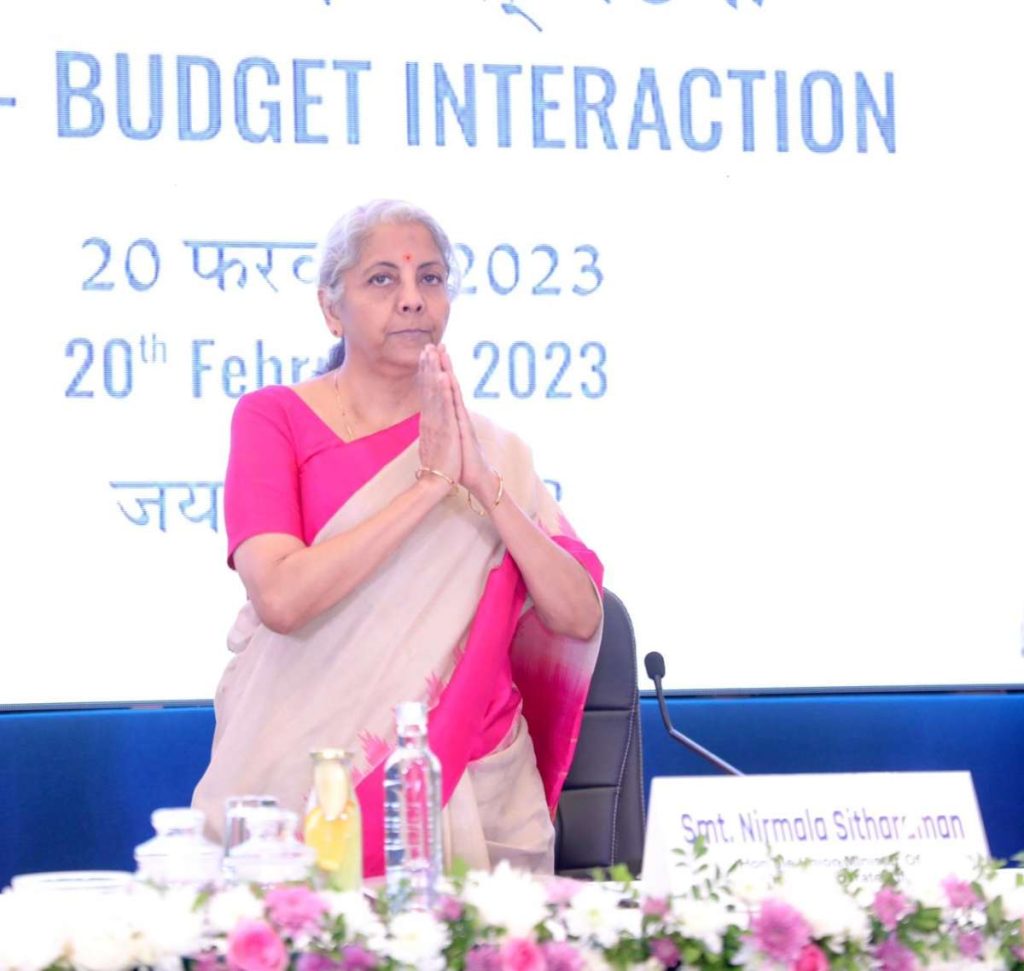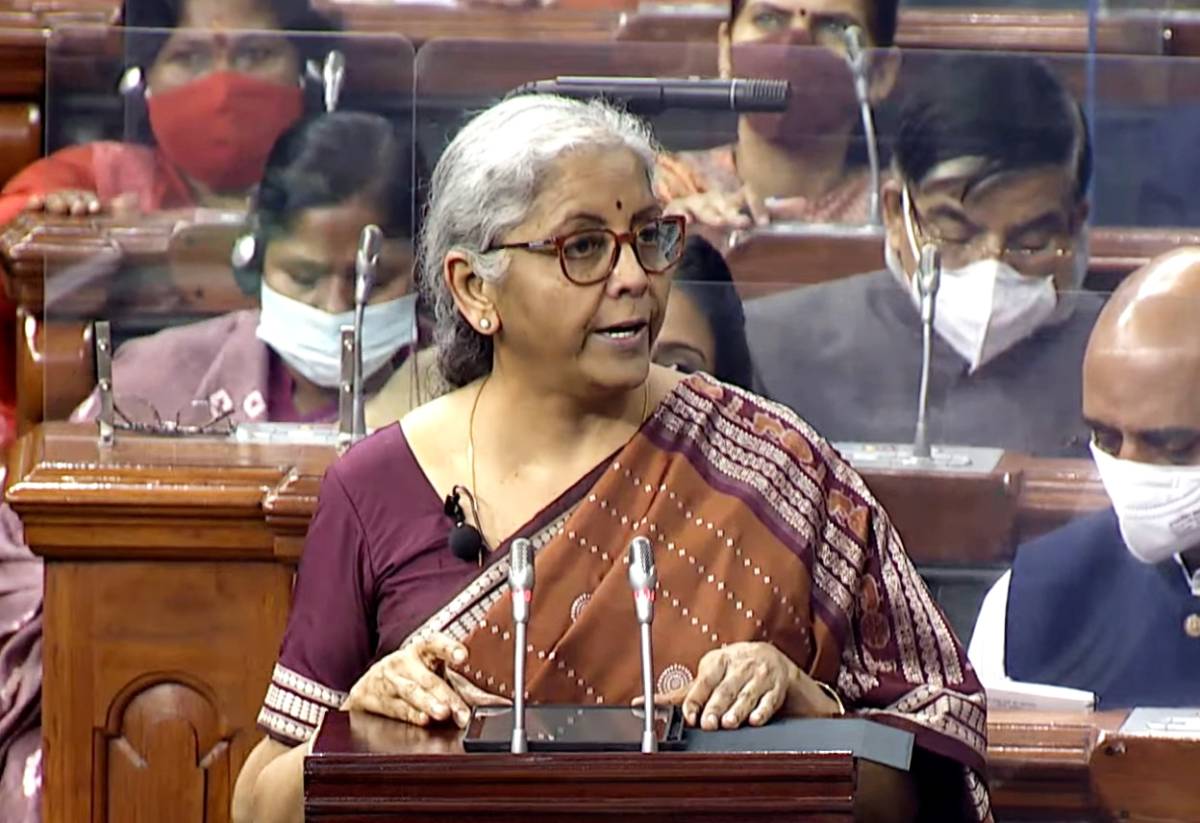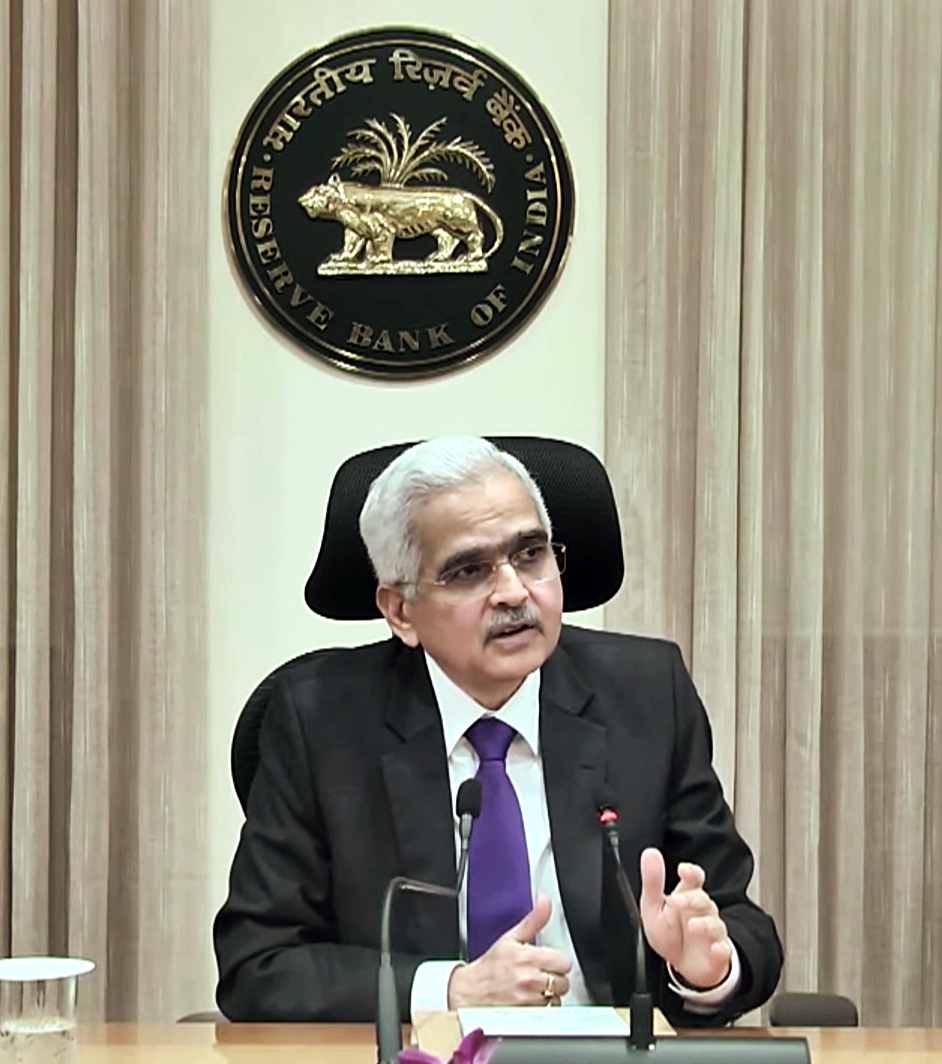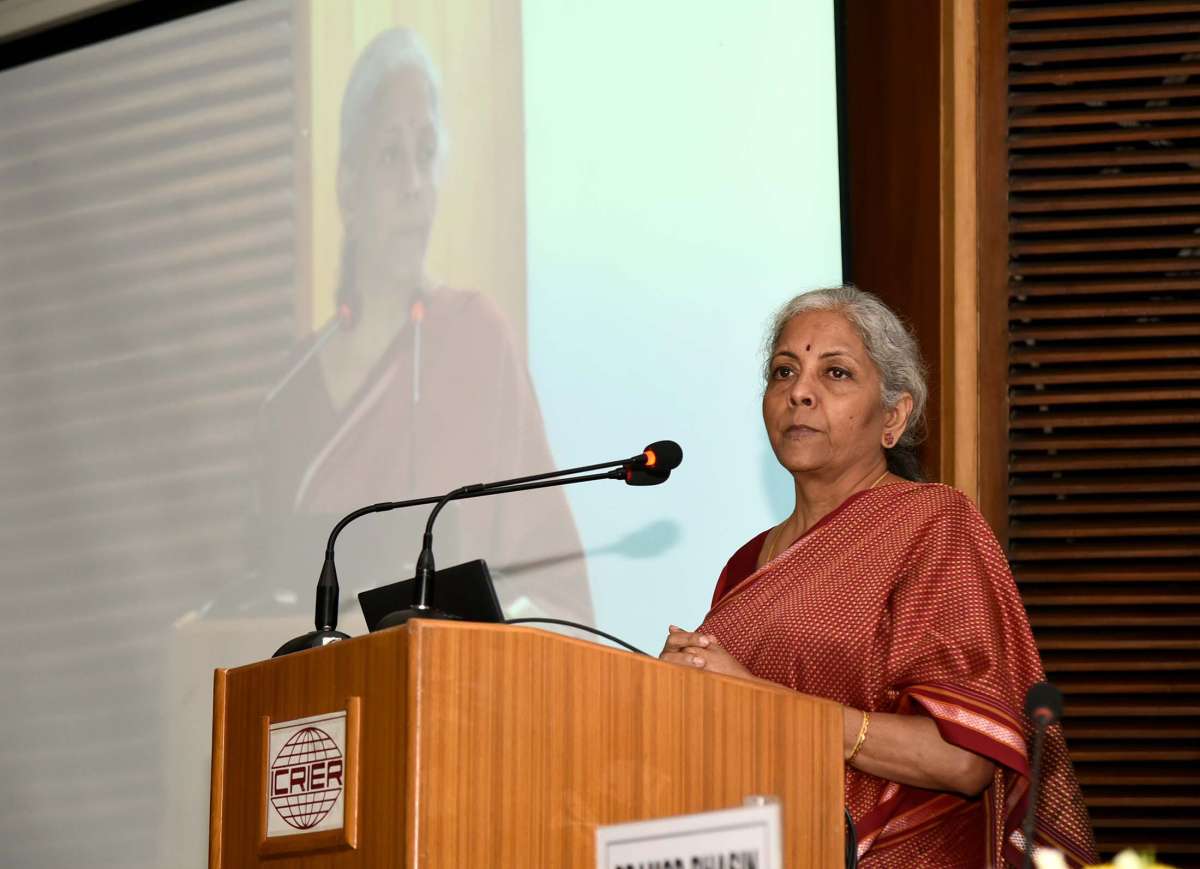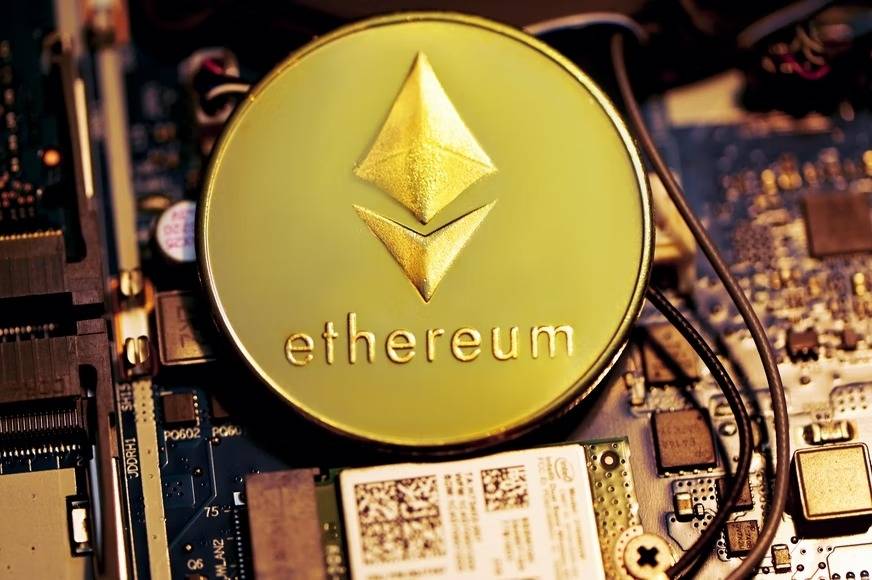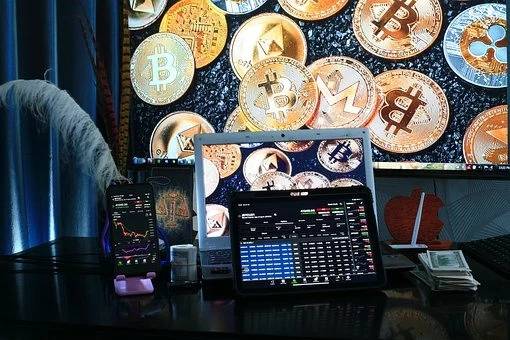Finance Minister said that India will try to be a voice of the low-income countries in the G20 grouping. India is set to assume the G20 presidency from Dec 1 till Nov 2023…reports Asian Lite News
Finance Minister Nirmala Sitharaman on Tuesday said that climate financing, funding energy transition, developing urban infrastructure and regulating crypto assets would be some of the major agenda items for India as G20 President.
India will be assuming presidentship of G20 on December 1, which will continue till November 20, 2023.
Addressing the ICRIER’s 14th annual G20 conference, the Finance Minister said that India will try to be a voice of the low income countries in the G20 grouping.
Sitharaman further said that global spillovers and global taxation are also areas of priority and it would be India’s endeavour to build consensus on it among the member nations.
She said that debt distress will be an issue India would like to discuss during it’s presidency tenure.
Multilateral, particularly financing, institutions will be major issues of focus as these institutions are apparently not leveraging their endowments properly, the minister said.
Short term finance to poor nations
Meanwhile, Chief Economic Adviser V. Anantha Nageswaran on Tuesday said that India G20 is a platform for developing nations and that the country will try and make a difference during its tenure as president of the group.
Addressing the ICRIER’s 14th annual international G20 conference, Nageswaran said that ensuring short term financial support to low income nations would be one of India’s priority areas.
Providing climate financing to such nations would be another area of priority for India, Nageswaran said.
India is set to assume the G20 presidency from December 1, 2022 till November 20, 2023.
Indonesia is the current president.
Some other issues which India will be tackling include regulation of virtual assets, cross border remittances and capital flows, he said.
“We know the circumstances under which India will assume the Presidency of G-20. One of the necessary requirements to ensure that we do a good job of the presidency, is to be able to improvise and be flexible as circumstances emerge in the global economic and political landscape,” Nageswaran added.
Demand for inclusive discourse on energy transition
The need for the global clean energy transition mechanisms to be inclusive and just beyond the context of coal, and the lead role G20 countries — the Presidency of which India is set to take over this year — should play in furthering the focus on demand-side perspectives in energy transition of vital sectors was underscored by The Energy and Resources Institute (TERI) on Monday.
In a policy brief, TERI identified the vital sectors as agriculture, micro, small and medium enterprises (MSMEs), and transport.
Energy transitions, the key factor to achieving sustainable development and climate goals, in recent times have been dominantly centered on “just transitions” in the coal sector with the emphasis firmly on energy supply and mitigation aspects.
Just transitions have gained traction in the climate change discourse since COP26 and will also be a priority for the COP27 Presidency as well.
The policy brief ‘Inclusive Energy Transitions: Messages for the G20 Forum’. produced by TERI as a part of its Act4Earth SDG Charter initiative, analyses the three energy and carbon intensive sectors of agriculture, MSMEs, and transport in G20 countries and emphasises the need for the G20 forum to aid consensus building and spur the push for normative shifts to bring in more attention to the energy demand aspects of the three sectors.
It also highlights the gap in gender inclusion policies covering the transport, MSMEs, and agriculture sectors in the G20 countries.
On the urgent need to plug the gaps, Ajay Shankar, Distinguished Fellow, TERI, and former Secretary, Department of Industrial Policy and Promotion, said: “The G20 consume over 70 per cent of global energy. As India assumes the G20 Presidency at the end of the year it would have the responsibility of shaping a consensus not only on faster energy transition but also on it being just and inclusive especially from the gender perspective.”
The TERI paper, he said, asserts the need for a holistic approach in the energy transition agenda for the sectors of transport, MSMEs and agriculture.
Shailly Kedia, Senior Fellow and Associate Director, TERI, emphasised that energy systems need to be inclusive of both supply and demand perspectives. “Markets on just transitions concerning energy systems should factor in energy demand and not just supply. The G20 can push for global indicator frameworks on SDGs (sustainable development goals) to report and monitor energy demand-side indicators along with gender disaggregated data.”
The discourse on just transitions at COP27 needs to engage with inclusive energy demand interventions as well as adaptation. Transitions need to be both “just” and “inclusive”, she noted.
“The focus on energy supply and mitigation is not in line with the principles of equity and climate justice,” she added.
More than one-third of the world’s energy — 71.6 per cent in 2019 — was consumed by G20 countries and the EU. With the attention skewed towards supply-side, the policy brief also underscores the need to focus on the demand side policy interventions during India’s G20 Presidency through the dedicated working group on energy transitions under the Sherpa track.
India, it notes, can assume a normative leadership role in energy demand side management areas when it comes to inclusive energy transitions and strengthen the priority areas.
ALSO READ-Climate change poses big threat to Emperor Penguins


